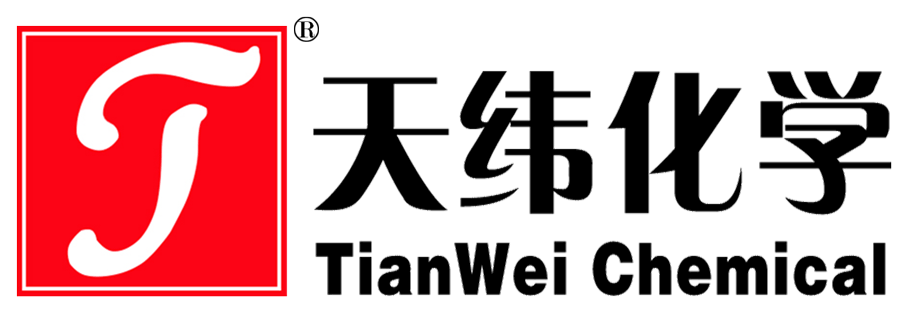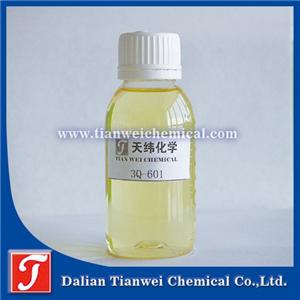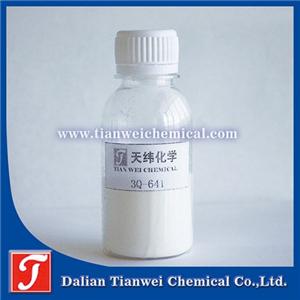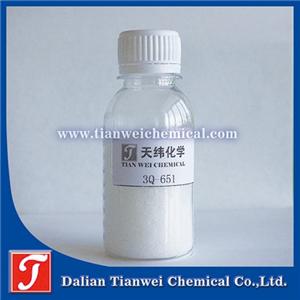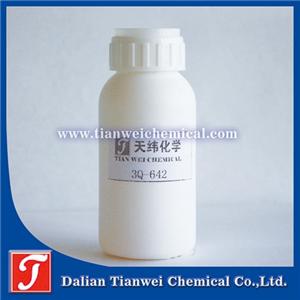Research status of biological stability of water-based metal cutting fluids at home and abroad 2
Main materials:
Gray cast iron filings (20~40 mesh);
Tap water (hardness of 100 ~ 150ppm);
Nutrients (corn starch, casein);
Bacteria (The spoilage water-based metal cutting fluid taken from the site, the total number of bacterial colonies after constant temperature culture >10 mL, true
The total number of bacterial colonies >10 mL);
SANI-CHECK tablet (Biosan Laboratories, Inc., USA) Production).
Instruments used in the test:
PHS-3B precision acidity meter (Shanghai Leizhi Instrument Factory);
E-201-C PH composite electrode (Shanghai Precision Scientific Instrument Co., LTD.);
DHP781 thermostatic incubator (Hubei Huangshi Medical Equipment Factory);
HHSY21-Ni type electric thermostatic water bath (Beijing Changyuan Experimental Equipment Factory);
CX-0088 type oxygen pump (Zhongshan Xiaolan Chuangxing Electric Appliance Factory);
OLYMPUS BX51 microscope (Shenzhen Lvshan Technology Co., LTD.).
Specific test steps are as follows:
Add 900mL of water-based metal cutting fluid containing different fungicides with a concentration of 3% into a 1L beek, then add 100mL of cultured strains and 10g of nutrients required by microorganisms such as iron flakes, corn starch and casein, stir well, and take 100mL out for assessment of bacteria, fungi and pH value, respectively. The appearance of the test liquid was observed. The beaker is placed in a 30℃ constant temperature water bath, and air (200mL/min) is put in the test solution for seven days, each cycle is ventilated for 5 days, and the gas is stopped for 2 days, during which sterile water is added in time to supplement the loss caused by evaporation. The pH value of the test solution was determined every day, the appearance changes and odor emission were observed, and the number of bacteria and fungi were determined after 5 days of ventilation and 2 days of deaeration. Repeat until the water-based metal cutting fluid deteriorates. Due to the microbial reproduction process, cellular respiration releases CO2 and the organic acids produced in the degradation process will cause the pH value to drop. Therefore, the biological stability of water-based metal cutting fluid can be evaluated by the degree of pH reduction and the degree of microbial reproduction. As shown in the figure, the anti-microbial test platform for water-based cutting fluid
